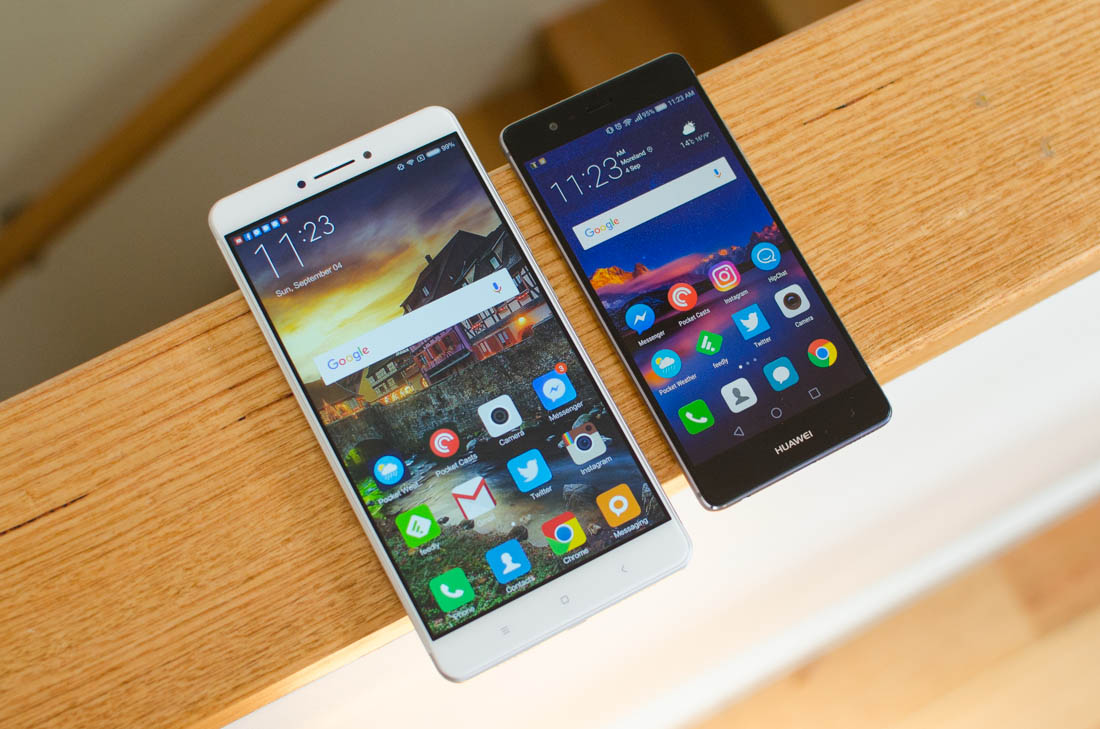
As dynamic and exciting as the smartphone market has been for many years, it’s hard to imagine a time when it just won’t matter that much to most people. Kind of like how many people now feel about the PC market.
Don’t get me wrong, the smartphone market will still be very large and extremely important to some people for quite a while (just as the PC market still is for many—myself included). But the truth is, we’re rapidly approaching the era of smartphone market maturation, and quite possibly, the end of smartphone market growth. Along with those changes are likely to come a shift in attention and focus away from smartphones, and towards other more “interesting” product categories—in the press, on people’s minds, and, most importantly, in critical industry technologies and developments.
The signs of this impending change are all around. In fact, you could argue that this is already starting to occur. While total 2017 worldwide smartphone shipment data may end up showing a modest increase over 2016 (final numbers have yet to be released), the fact that China—the world’s largest smartphone market—showed a 4% decline in Q4 2017 is a very telling and concerning indication of where the market is headed.
Essentially, what that data point tells us is that even in rapidly-growing markets, we’ve started to hit saturation. In other words, pretty much everyone who wants a smartphone now has one, and future market growth will be nearly completely dependent on the length of replacement cycles. Adding insult to injury, we’ve also started to see the extension of smartphone lifetimes from around 2 years to around 3 years in many parts of the world.
The reasons for these extended lifetimes are several, but there can be little doubt that many people are simply content with their current phones and don’t feel a pressing need to upgrade as frequently as they used to. Now that most people have large-screen smartphones, it’s easy to understand why.
But the implications from this shift are dramatic. Individual vendors who have been benefiting from overall industry growth are starting to see a much more challenging competitive environment in many regions around the world. From India to China to the US and beyond, major smartphone vendors are finding it much harder to enjoy the kind of comfortable growth to which they’ve become accustomed.
... even in rapidly-growing markets, we’ve started to hit saturation. In other words, pretty much everyone who wants a smartphone now has one, and future market growth will be nearly completely dependent on the length of replacement cycles
More specifically, for a company like Apple, the widely discussed topic of another “super cycle,” where a large group of existing customers upgrade to the newest phones, may prove to be a phantom phenomenon. It’s not inconceivable to think that the previous iPhone 6-driven growth spurt was really just a single point in history inspired by the initial transition to large screen phones. Recent reports of 50% reductions in iPhone X production certainly suggest that could be the case. (To be fair, many supply chain-related rumors turn out to be nothing more than that—rumors, with little connection to reality. So, we’ll need to wait until at least the calendar Q1 and maybe even Q2 shipments are released to know for sure.)
Challenges for the iPhone X and other high-end smartphones go well beyond just the appearance (or not) of a replacement “super cycle.” Smartphone maturation has also extended to product design and innovation, with new models from almost all vendors offering little more than incremental changes versus previous generations. Plus, even with new phones that have designs or capabilities that do take an arguably larger leap versus previous generations—such as with the iPhone X—it’s not clear everyone really wants those changes. Again, it seems many consumers are relatively content with their phones as they are.
Even more concerning longer term is the question of more advanced innovations. While there is no doubt that smartphone companies will keep working to improve their products—just as PC makers continue to do, even in an era of declining sales—as product categories mature, those advancements do tend to slow down. Most of the really exciting core technology developments tend to show up in newer product categories that are perceived as having a greater opportunity for future growth.
Smartphones are obviously not going away anytime soon—just as PCs continue to play a critical role for many. But whether it’s some futuristic AR glasses, nearly invisible “ambient” computing wearables, or some other types of devices we’ve yet to even imagine—there’s no doubt that at some point in the relatively near future, smartphones maturity and stability will make them seem like “old technology.” It isn’t a question of if, but only a question of when.
Bob O’Donnell is the founder and chief analyst of TECHnalysis Research, LLC a technology consulting and market research firm. You can follow him on Twitter @bobodtech. This article was originally published on Tech.pinions.
https://www.techspot.com/news/73016-opinion-smartphone-market-challenges-raise-major-questions.html